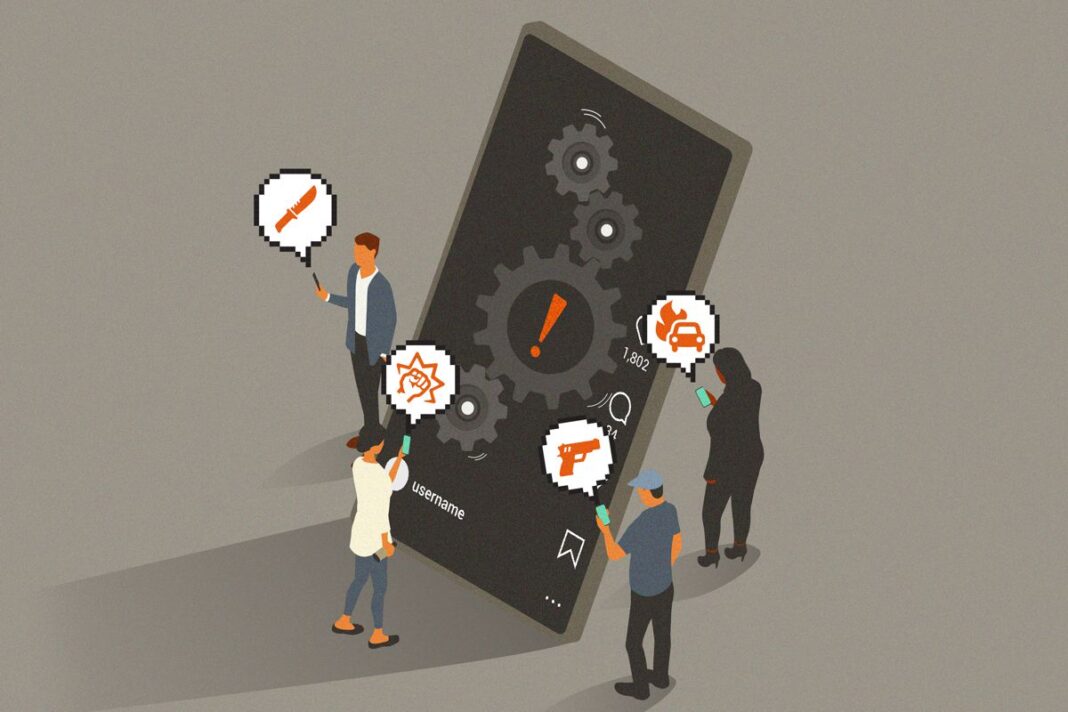Few events in recent times have drawn as much scrutiny and commentary as the assassination at Utah Valley University of conservative and Turning Point USA founder Charlie Kirk.
Scant national coverage was dedicated to the resulting House of Representatives session that gathered for afternoon votes shortly after Kirk’s assassination. Speaker of the House Mike Johnson asked for a moment of silence in remembrance of Kirk. Moments later a call for vocalized prayer pierced the stillness from Republican Rep. Lauren Boebert asserting, “Silent prayers get silent results.” Her words ignited a wave of protest from Democrats who objected not necessarily to the tragedy, but to prayer itself.
“Pass some gun laws!” shouted Rep. Jahana Hayes, her voice cutting through the uproar. The emotional charge only escalated when Republican Rep. Anna Paulina Luna yelled back accusing Democrats of fueling the rhetoric that led to Kirk’s murder.
What began as a silent tribute quickly devolved into a shouting match putting on full display the deep divisions not just in policy, but in how grief, hope and humility are expressed in the halls of Congress. This chamber meant to be a sanctuary for reasoned deliberation, turned into another battleground of polarized politics where grief collided with frustration.
Reporters observing from the House’s gallery were confounded. Jon Michael Raasch of the Daily Mail called it “possibly the ugliest moment I’ve ever witnessed in politics.” Business Insider’s Bryan Metzger described the scene as “a shouting match following a moment of silence,” noting how quickly the chamber descended into chaos Politico’s Hailey Fuchs observed that “rather than joining together to denounce Kirk’s killing, lawmakers publicly castigated one another,” underscoring the deepening polarization.
This certainly was not the first time Congress imploded. In 1856, Republican Sen. Charles Sumner of Massachusetts, a leading voice against slavery was attacked on the Senate floor that exposed how deeply divided the country was over the issue.
Rep. Dan Meuser called this most recent outburst “classless,” saying, “We had a couple on our side that should have kept their mouths shut … there were many on the Democrat side that needed to show their discontent and rudeness.”
Speaker Johnson lamented, “Political violence has become all too common in American society… it violates core principles of our country, our Judeo-Christian heritage, our civil society, our American way of life, and it must stop”
It was not just about the act of prayer. It was about who the prayer was for and what that prayer represents. Prayer has long been woven into the fabric of congressional proceedings, with each session opening in solemn reflection as a chaplain delivers the invocation. It is a longstanding tradition meant to center lawmakers in humility and purpose.
Tradition alone does not guarantee integrity. When prayer is weaponized and used to score political points, to shame, to isolate or elevate one over another it devolves into just another tool of manipulation and political partisanship.
Such a seismic shift in attitude should concern us all.In an age of deepening division and political polarization, the role of prayer in public life stands at a crossroads. Prayers should unite, uplift, and transcend political ideology as a bridge between people and purpose.
Provided prayer is to retain its sacred significance and remain a meaningful part of public life, it must be protected from political exploitation and partisanship. Prayers of any kind must be restored to its rightful place as a source of unity, reverence, and shared hope. Prayer transcends ideology, offering a moment of reflection that can bind communities together in humility and common cause.
To preserve it, we must recommit to honoring prayer as a divine invitation an offering that welcomes the peace of Christ, not the strife of man, into our public discourse. For as Jesus prayed, ‘that they may all be one’ (John 17:21), so must we seek unity through grace, not grievance.
History reminds us that the pursuit of unity is never easy.
The path to restoring civility in America is steep and demanding.
To safeguard and uphold what truly matters, we must stand firm for truth because retreating is not an option.







